01/7COVID-19 can be bad for your heart
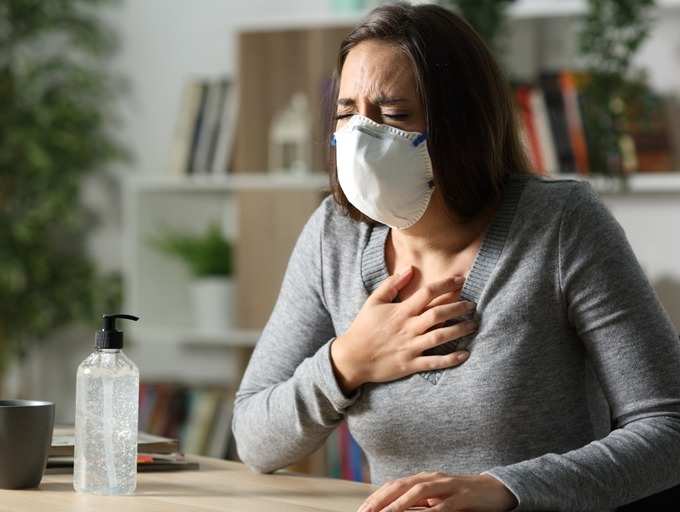
Much more than respiratory disease, a COVID infection can have a consequential impact on the body.
Take the heart, for example. As per a JAMA study, nearly 78% of young, healthy recovered COVID patients continue to suffer from signs of heart complications and damage.
In fact, for those with heart problems, COVID could also bring an increased mortality risk. A study done by China CDC Weekly found that 22% of patients who died from COVID suffered from cardiac problems.
02/7The symptoms to watch out for


There is also strong evidence which suggests that for a problem which often silently strikes up, cardiac problems can stem up in the first days of infection, even for those who are asymptomatic.
Thus, during the times of a COVID infection, it's doubly important to take care of your heart and spot early signs of trouble.
Here are 5 silent signs that a COVID infection might be spreading to your heart:
03/7Extreme fatigue and exhaustion


Fatigue, acute exhaustion and chest pain are often reported symptoms amongst the ones who are diagnosed with cardiac damage after COVID-19.
When your heart works overtime to regulate blood flow, it literally can get tiring and make you feel fatigued, experience rapid, irregular heartbeat. This is one of the earliest warning signs of heart trouble. If you suffer from chronic fatigue and experience erratic heartbeat, consult a doctor for advice.
04/7Heart inflammation


Right now, myocarditis or inflammation of the heart muscles is a feared, yet common cardiac complication associated with COVID-19.
Myocarditis can occur due to the direct infestation by the virus on the heart, or due to a cytokine storm, which can make the body attack the healthy cells in a mistaken manner. With heart inflammation and any related problems, the heart muscles get weaker, causing the organ to get enlarged and disrupting blood flow. It can cause your blood pressure levels to go low unexpectedly and cause fluid build-up as well.
Excessive pressure in the lungs or the heart can also result in heart failure. Hence, one must not be too precarious during or after recovery.
05/7Oxygen saturation


A common complication when the virus blocks the flow of oxygenated blood in the body, a hypoxia-like condition, disorientation, confusion, bluish lips or face may also be a signal of heart trouble.
Any disruption in the blood flow can result in clots, increase inflammation and make it harder for the heart to do its job.
Arrhythmia, experiencing confusion, speech trouble, profusely sweating are all signs of heart failure which need attention at once.
06/7Chest pain


Chest pain, as a symptom is something associated both with declining lung function, shortness of breath as well as heart damage.
In the case of COVID-19, viral multiplication and spread can deprive the vital organs, such as the heart of healthy oxygenated blood, which can damage the heart muscles and result in chest pain, or angina.
Chest pain is also considered to be one of the first signs of a heart attack. It can be discomforting, feel like experiencing a squeezing or tugging pain around your chest and neck.
In some cases, extreme, pulsating chest pain and fluctuating heart rate can also result in fainting spells.
07/7You may suffer from POTS


Some researchers believe that COVID patients, particularly long haulers may deal with a condition like POTS- postural orthostatic tachycardia syndrome, which impairs the nervous system, leads to an imbalance in heart rate, blood pressure levels unusually. Tachycardia can also manifest into symptoms like dizziness, lower blood circulation, cause palpitations, light-headedness, compromised immunity, which is all considered to be early signs of heart trouble.
It might affect someone who has cleared the infection or maybe fighting an active infection but could increase the likelihood of heart problems to show up later.









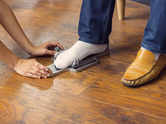



































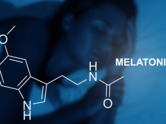































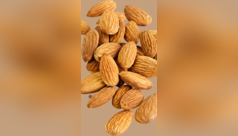












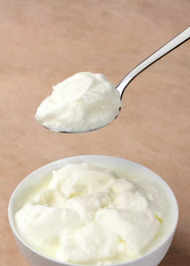
















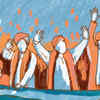
closecomments
SIGN IN WITH
GoogleEmail